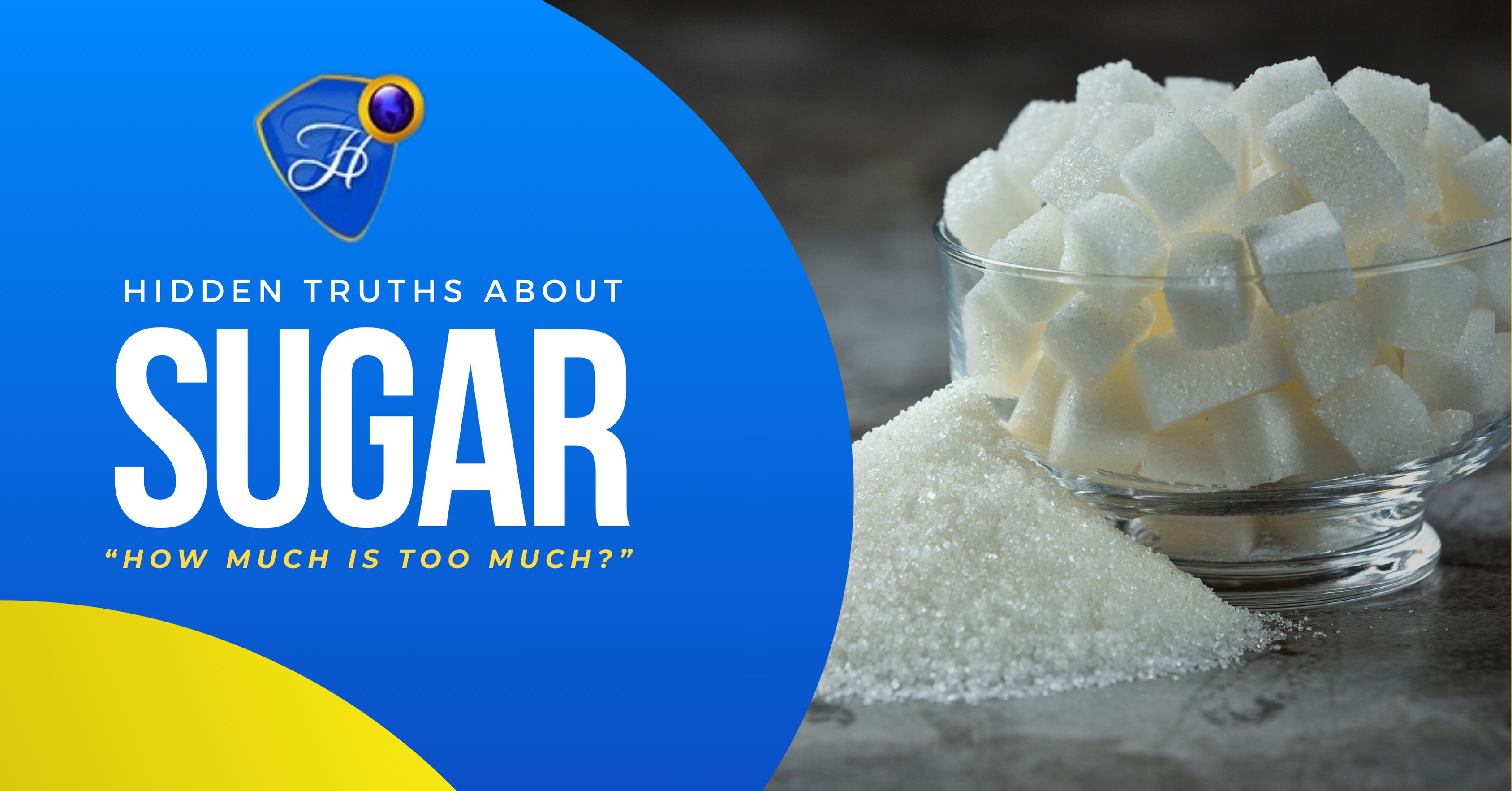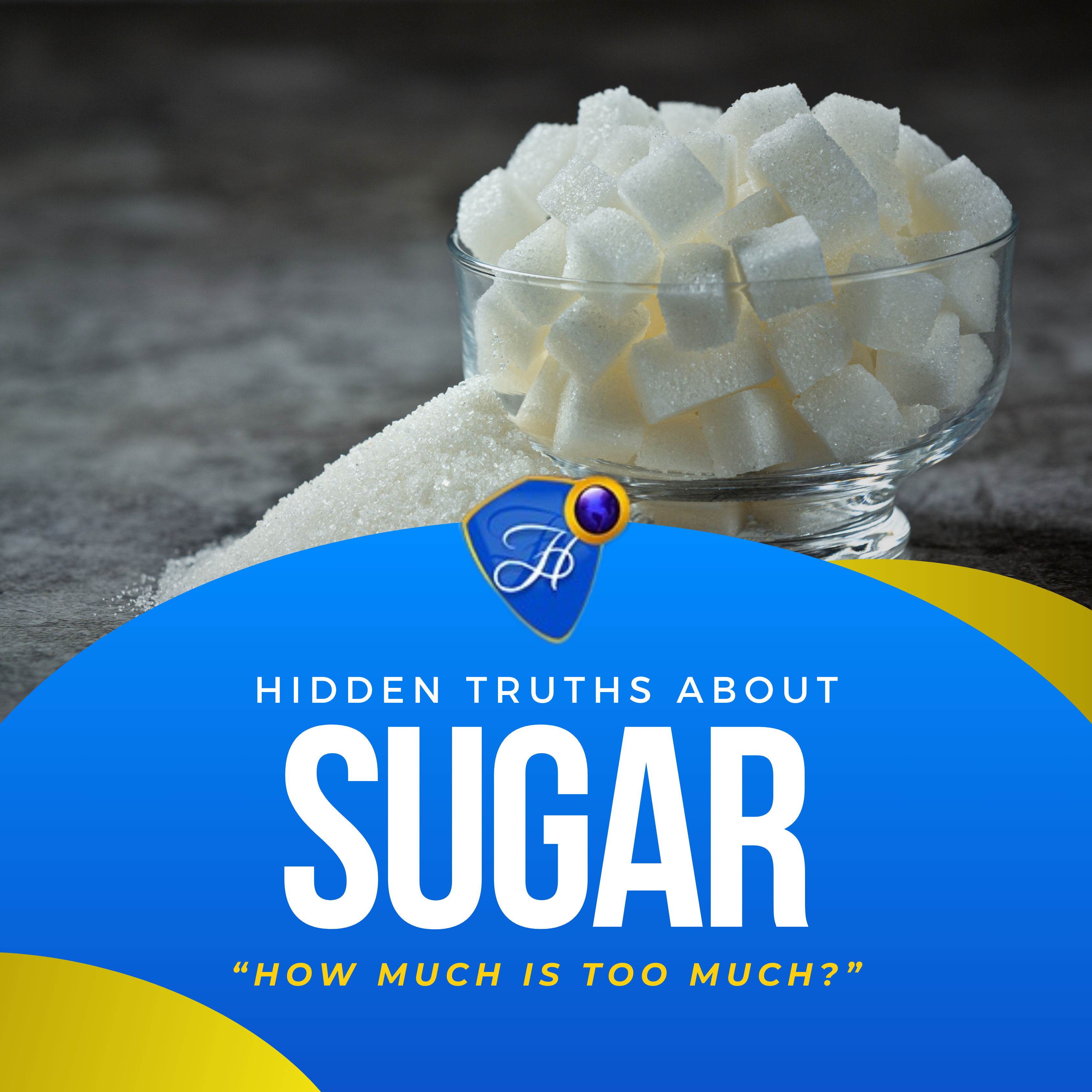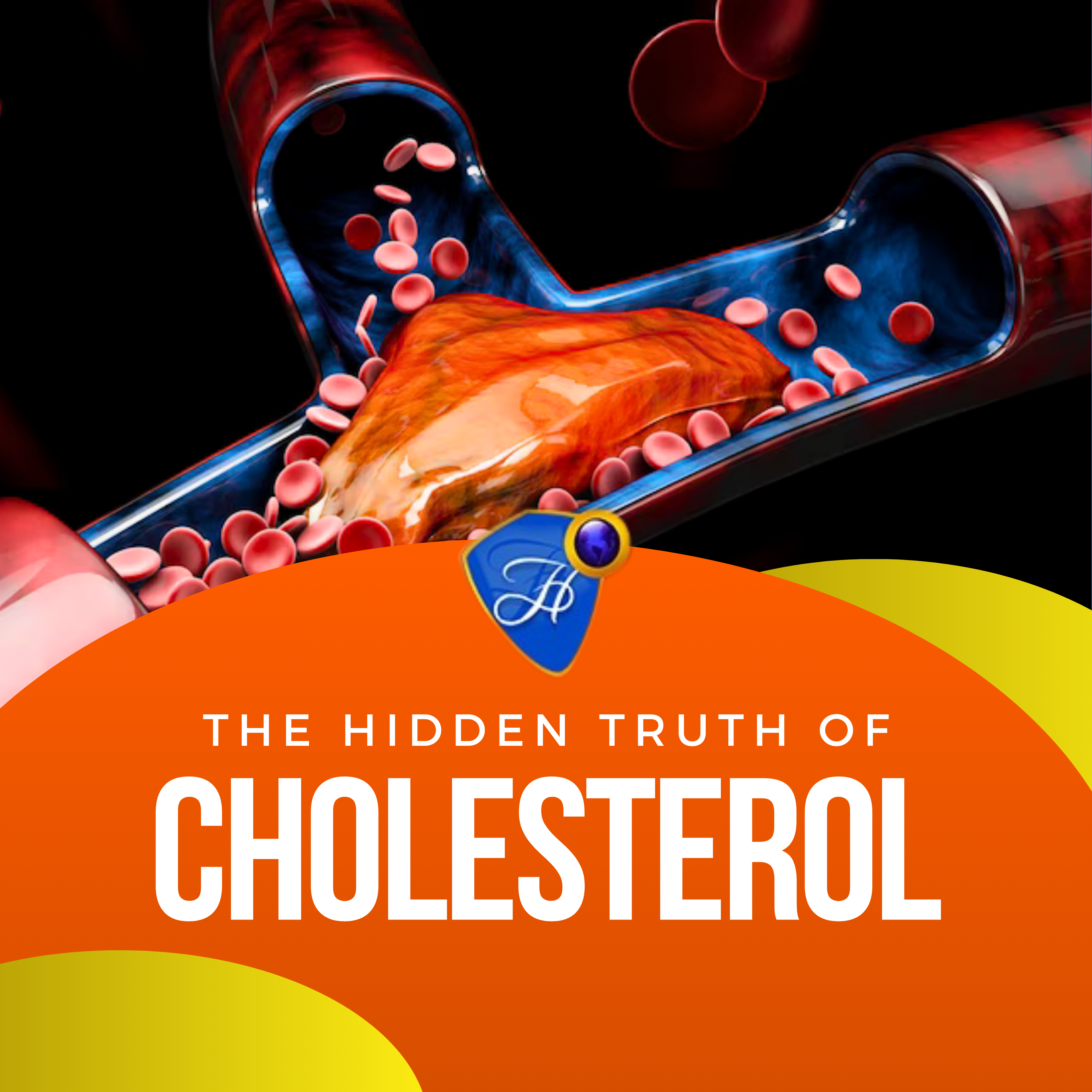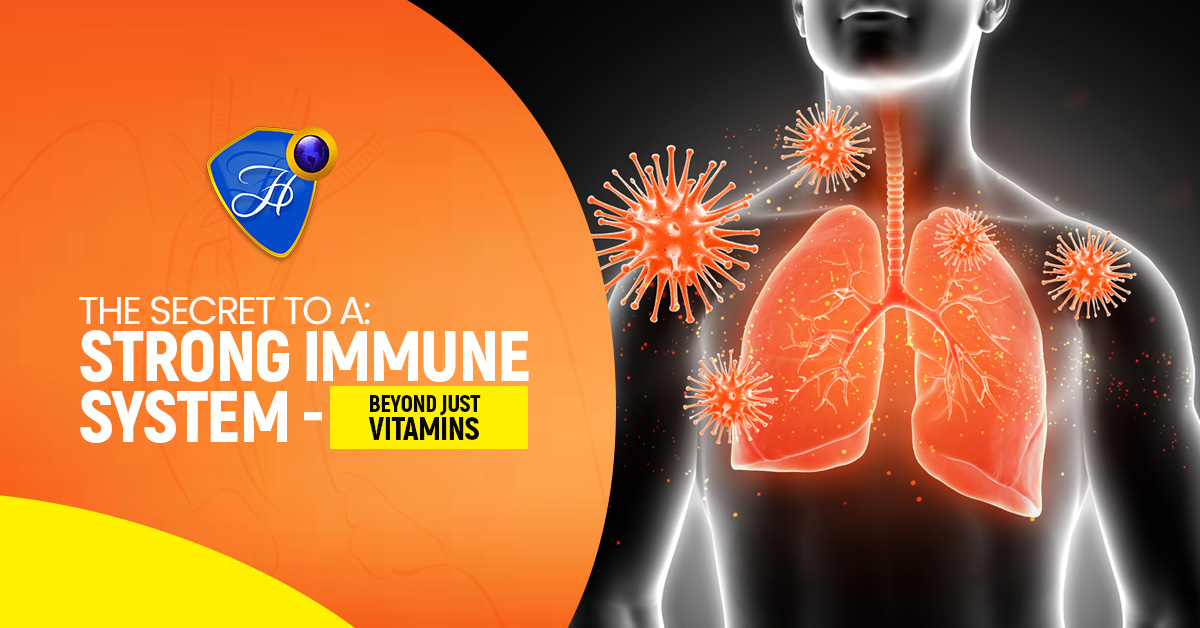
THE HIDDEN TRUTH ABOUT SUGAR: HOW MUCH IS TOO MUCH?
Sugar is sweet—no doubt. But behind that irresistible taste lies a silent contributor to many of today’s health concerns (obesity, diabetes, heart disease and chronic fatigues). You may not even realize how much sugar you’re consuming, especially with hidden sugars lurking in everyday foods. So, how much sugar is too much? And how can you make smarter choices without giving up the joy of sweetness?
According to research, the recommended maximum sugar intake is: 25 grams (6 teaspoons) per day for adults and less than 25 grams (ideally) for children. That’s not a lot—especially when you consider that a single can of soda can contain up to 40 grams of sugar, exceeding the daily limit in one sitting.
But here’s the catch: most people don’t realize how quickly sugar adds up throughout the day. From breakfast cereals and flavored yogurts to sauces and snack bars, sugar in almost every food. But how can you spot hidden sugar?
SPOTTING THE HIDDEN SUGARS
Sugar doesn’t always show up as “sugar” on labels. It hides in plain sight, behind different names some of which are: High-fructose corn syrup, dextrose, maltose, agave nectar, fruit juice concentrate, glucose, soda drinks etc.
Even so-called “healthy” foods like granola, salad dressings, and protein bars often pack in more sugar than you’d expect. That’s why reading food labels is crucial. Check for the "Total Sugars" and "Added Sugars" sections—those numbers reveal what’s really going on.
While your body needs a small amount of sugar (mainly from whole fruits and complex carbs), excess sugar does more harm than good. High sugar intake can: Increase fat storage and weight gain, spike and crash blood sugar levels, leading to fatigue and irritability, raise the risk of type 2 diabetes, contribute to inflammation and weakened immunity, accelerate skin aging and damage oral health and many more.
Over time, these effects can become serious health issues but the good news is that they are preventable.
HEALTHIER ALTERNATIVES TO REFINED SUGAR
The goal isn’t to eliminate sweetness altogether, but to replace harmful sources with better ones. Here are a few natural alternatives that won’t cause a sugar rollercoaster:
1. Stevia – A plant-based, calorie-free sweetener that doesn’t affect blood sugar.
2. Monk Fruit Sweetener – Another natural zero-calorie option, with a taste similar to sugar.
3. Raw Honey – While still a sugar, it contains antioxidants and can be used in moderation.
4. Dates – High in fiber and nutrients, dates are a wholesome way to sweeten smoothies and desserts.
5. Coconut Sugar – Slightly lower on the glycemic index, but still to be used sparingly.
To cut down sugar without feeling deprived; Drink water instead of sugary beverages, snack on fruits and nuts instead of pastries and candies, cook more meals at home so you can control ingredients, choose plain yogurt and add your own fruit, and gradually reduce sugar until you no longer crave it.
Too much of sugar is harmful; it adds up fast and leads to health complications. By learning to read labels, spot hidden sugars, and choose better alternatives, you can protect your health without giving up sweet satisfaction. Small changes lead to big results, reduce one teaspoon at a time.





















